|
Socializing isn't just a way to pass the time—it's a vital aspect of well-being, especially in a retirement community like Residence 600. In this article, we'll delve into the multitude of benefits that come with forming friendships, engaging in community events, and participating in clubs at Residence 600.
1. Forming Meaningful Connections: One of the greatest joys of living in a retirement community like Residence 600 is the opportunity to form meaningful connections with fellow residents. Whether it's over a cup of coffee in the communal lounge or during a game night in the recreation area, these interactions foster a sense of belonging and camaraderie that enriches daily life. 2. Combatting Social Isolation: Social isolation can be a significant concern for seniors, but living in a vibrant community like Residence 600 provides ample opportunities for social engagement. By participating in group activities, residents can combat feelings of loneliness and enjoy the company of others who share similar interests and experiences. 3. Stimulating Mental and Emotional Well-being: Engaging in social activities has been linked to improved mental and emotional well-being. From stimulating conversations to shared laughter, socializing at Residence 600 can boost mood, reduce stress, and enhance overall quality of life. 4. Fostering Lifelong Friendships: The friendships formed at Residence 600 often extend beyond the community walls, blossoming into lasting connections that enrich residents' lives for years to come. Whether it's attending a local event together or simply enjoying each other's company over dinner, these friendships add depth and meaning to the retirement experience. 5. Participating in Community Events and Clubs: Residence 600 offers a wide range of community events and clubs designed to cater to diverse interests and preferences. From book clubs and gardening groups to fitness classes and cultural outings, there's something for everyone to enjoy. These events provide opportunities for residents to socialize, learn new skills, and explore shared passions. 6. Enhancing Overall Quality of Life: Ultimately, the joys of socializing at Residence 600 extend far beyond mere entertainment—they contribute to an enhanced quality of life. By fostering connections, combating social isolation, and providing opportunities for personal growth and enrichment, socializing plays a fundamental role in creating a vibrant and fulfilling retirement experience. Conclusion: At Residence 600, socializing isn't just an option—it's an integral part of daily life. From forming meaningful connections and combating social isolation to participating in community events and clubs, the benefits of socializing are abundant. Residents at Residence 600 have the opportunity to embrace community, forge lifelong friendships, and enjoy a retirement filled with joy, laughter, and shared experiences. Are you ready to experience the joys of socializing and community living at Residence 600? Contact us today at (785) 822-1300 or [email protected] to learn more about our vibrant community and available amenities. Join us in embracing the warmth and camaraderie of Residence 600, where socializing isn't just encouraged—it's celebrated. We look forward to welcoming you home! Aging gracefully is about more than just maintaining physical health—it's also about nurturing mental and emotional well-being to thrive in your golden years. At Residence 600, we understand the importance of prioritizing mental and emotional health to enhance overall quality of life. In this article, we'll share valuable strategies for managing stress, staying mentally active, and nurturing emotional well-being to help residents enjoy a fulfilling and vibrant retirement lifestyle.
1. Prioritize Stress Management: Chronic stress can take a toll on mental and emotional well-being, impacting mood, sleep, and overall health. To manage stress effectively, consider incorporating the following strategies into your daily routine:
Keeping the mind sharp and engaged is essential for maintaining cognitive function and overall mental well-being. Residents at Residence 600 can stay mentally active by incorporating the following activities into their daily lives:
Emotional well-being is equally important for overall health and happiness. Residents can nurture their emotional health by prioritizing self-care and emotional support:
Engaging in creative activities can be therapeutic and uplifting for mental and emotional well-being. Residents at Residence 600 can explore their creative side through:
Are you ready to prioritize your mental and emotional well-being and embrace a vibrant retirement lifestyle at Residence 600? Contact us today at (785) 822-1300 or [email protected] to learn more about our community and available resources for nurturing mental and emotional health. At Residence 600, we are committed to supporting residents in aging gracefully and thriving in their golden years. Join us in prioritizing mental and emotional well-being and experience the joys of a fulfilling retirement lifestyle. We look forward to welcoming you to our community! Volunteer Opportunities for Seniors: Giving Back to the Community | Residence 600 Salina, KS3/26/2024 Retirement marks a new chapter in life—a time to enjoy newfound freedom, pursue passions, and give back to the community. Volunteering offers seniors a fulfilling way to make a meaningful impact while staying active, engaged, and connected with others. In this article, we'll explore the benefits of volunteering for seniors and highlight local volunteer opportunities that cater to older adults.
The Benefits of Volunteering for Seniors:
Don't miss out on the opportunity to give back to the community, connect with others, and experience the joy of making a difference. Join us at Residence 600 and start your volunteer journey today! In conclusion, volunteering offers seniors a rewarding way to stay active, engaged, and connected while making a positive impact in their communities. With a wide range of local volunteer opportunities available, there's something for every senior to explore and contribute to. Embrace the spirit of giving back and experience the many benefits of volunteering in your golden years! Retirement offers a unique opportunity to explore and indulge in the rich cultural and recreational offerings of your local community. From museums and theaters to outdoor events and historical landmarks, there are countless senior-friendly attractions waiting to be discovered. In this article, we'll showcase some of the best local attractions catered to seniors, providing enriching experiences and opportunities for social engagement.
1. Museums and Art Galleries: Local museums and art galleries offer a window into history, culture, and creativity. Many museums offer senior discounts or special programs tailored to older adults. Explore exhibits featuring art, science, history, and more, and take advantage of guided tours or lectures to enhance your experience. 2. Theaters and Performing Arts Centers: Attend a live performance at your local theater or performing arts center for an unforgettable cultural experience. From plays and musicals to concerts and ballet performances, there's something for everyone to enjoy. Look for senior discounts on tickets and consider joining a theater group or attending post-show discussions to connect with fellow theater enthusiasts. 3. Outdoor Events and Festivals: Experience the vibrant energy of local outdoor events and festivals. From farmers' markets and street fairs to music festivals and art walks, these events offer opportunities to socialize, explore, and support local artisans and vendors. Check your community calendar for upcoming events and mark your calendar for an afternoon of fun and entertainment. 4. Historical Landmarks and Tours: Explore the rich history of your community by visiting historical landmarks and taking guided tours. Learn about significant events, architecture, and local legends as you stroll through historic districts or visit heritage sites. Many historical attractions offer senior-friendly tours with accessible pathways and seating areas. 5. Nature Parks and Gardens: Spend a peaceful day outdoors exploring local nature parks and gardens. Take a leisurely walk along scenic trails, admire native flora and fauna, and enjoy a picnic amidst natural beauty. Look for parks with wheelchair-accessible paths and amenities to ensure everyone can enjoy the outdoors. 6. Senior-Centered Programs and Activities: Many community centers, libraries, and senior organizations offer programs and activities specifically designed for older adults. Join a book club, attend a fitness class, or participate in a cooking workshop to stay active, engaged, and connected with your peers. These programs provide opportunities to learn new skills, pursue hobbies, and make lasting friendships. Ready to embrace a vibrant and fulfilling retirement lifestyle filled with cultural and recreational activities? Look no further than Residence 600! Located at 600 E Elm St, Salina, KS 67401, our community offers a warm and welcoming environment where you can thrive and enjoy the best years of your life. Contact us today at (785) 822-1300 or [email protected] to learn more about our amenities, services, and availability. Our dedicated team is available Monday to Friday from 9:00 am to 4:00 pm to assist you with any questions or schedule a tour of our community. Don't miss out on the opportunity to explore local senior-friendly attractions and enjoy a vibrant retirement lifestyle at Residence 600. We look forward to welcoming you home! In conclusion, local senior-friendly attractions offer a wealth of opportunities for cultural enrichment, social engagement, and recreational enjoyment. Whether you're exploring museums, attending live performances, or participating in outdoor events, there's something for every senior to enjoy in their local community. Embrace the adventure of exploring these attractions and make the most of your retirement years! Healthy Eating Habits for Seniors: Nutritional Tips and Delicious Recipes | Residence 600 Salina, KS3/1/2024 Maintaining a balanced and nutritious diet is essential for seniors to support overall health and well-being. As we age, our nutritional needs may change, making it crucial to adapt our eating habits to promote vitality and longevity. In this article, we'll explore valuable nutritional tips for seniors and share some delicious and easy-to-follow recipes to help you achieve a healthy and satisfying diet.
1. Prioritize Nutrient-Rich Foods: Aim to include a variety of nutrient-rich foods in your diet, such as fruits, vegetables, whole grains, lean proteins, and healthy fats. These foods provide essential vitamins, minerals, fiber, and antioxidants that support immune function, heart health, and cognitive function. 2. Stay Hydrated: Dehydration can be a common concern for seniors, so it's essential to stay hydrated throughout the day. Drink plenty of water and include hydrating foods like fruits and vegetables in your meals. 3. Adapt to Dietary Restrictions: Many seniors may have dietary restrictions due to health conditions such as diabetes, high blood pressure, or food allergies. Work with your healthcare provider or a registered dietitian to develop a meal plan that meets your nutritional needs while accommodating any dietary restrictions. 4. Eat Regularly and Mindfully: Maintain regular meal times and listen to your body's hunger and fullness cues. Avoid skipping meals and practice mindful eating by savoring each bite, chewing slowly, and paying attention to how food makes you feel. 5. Limit Processed Foods and Added Sugars: Processed foods and added sugars can contribute to inflammation, weight gain, and other health issues. Limit your intake of sugary snacks, processed meats, and high-sodium foods, and opt for whole, minimally processed foods whenever possible. 6. Include Protein-Rich Foods: Protein is essential for maintaining muscle mass, bone health, and overall strength. Include protein-rich foods like lean meats, poultry, fish, eggs, beans, lentils, tofu, and Greek yogurt in your meals and snacks. 7. Incorporate Heart-Healthy Fats: Healthy fats, such as those found in avocados, nuts, seeds, and olive oil, can support heart health and brain function. Include these foods in your diet in moderation to provide essential fatty acids and promote satiety. 8. Embrace Colorful Fruits and Vegetables: Fill your plate with a rainbow of colorful fruits and vegetables, as they are packed with vitamins, minerals, and antioxidants. Aim to include a variety of colors to ensure you're getting a wide range of nutrients. Delicious and Easy-to-Follow Recipes: 1. Mediterranean Chickpea Salad: Ingredients:
Ingredients:
Ready to take the next step towards a vibrant and fulfilling retirement lifestyle? Reach out to us at Residence 600! Located at 600 E Elm St, Salina, KS 67401, our community offers a warm and welcoming environment where you can thrive in your golden years. Contact us today at (785) 822-1300 or [email protected] to learn more about our amenities, services, and availability. Our dedicated team is available Monday to Friday from 9:00 am to 4:00 pm to assist you with any questions or schedule a tour of our community. Don't wait any longer to embrace the joys of retirement living. Experience the convenience, comfort, and camaraderie of Residence 600. We look forward to welcoming you home! Embracing Technology: How Seniors Can Stay Connected in a Digital World | Residence 600 Salina, KS2/1/2024 In today's fast-paced digital age, technology plays a crucial role in connecting people, accessing information, and enriching lives. While some seniors may feel intimidated by the rapid advancements in technology, embracing it can open up a world of possibilities for staying connected and engaged. In this article, we'll explore the importance of technology literacy for seniors and provide practical ways to use smartphones, tablets, and social media for communication and entertainment. The Importance of Technology Literacy: Embracing technology is more than just a convenience; it's a necessity in today's interconnected world. For seniors, technology literacy can enhance social connections, improve access to healthcare resources, and provide opportunities for lifelong learning and entertainment. By learning how to use smartphones, tablets, and social media platforms, seniors can stay connected with loved ones, engage with their communities, and access a wealth of information at their fingertips. Practical Ways to Use Technology:
In conclusion, embracing technology is a powerful way for seniors to stay connected and engaged in today's digital world. By learning how to use smartphones, tablets, and social media platforms, seniors can enhance communication with loved ones, access information and resources, and enjoy a wide range of entertainment options. With the right guidance and support, seniors can harness the benefits of technology to enrich their lives and maintain meaningful connections with others. So, don't be afraid to embrace technology – it's never too late to start your digital journey! Ready to take the next step towards a vibrant and fulfilling retirement lifestyle? Reach out to us at Residence 600! Located at 600 E Elm St, Salina, KS 67401, our community offers a warm and welcoming environment where you can thrive in your golden years. Contact us today at (785) 822-1300 or [email protected] to learn more about our amenities, services, and availability. Our dedicated team is available Monday to Friday from 9:00 am to 4:00 pm to assist you with any questions or schedule a tour of our community. Don't wait any longer to embrace the joys of retirement living. Experience the convenience, comfort, and camaraderie of Residence 600. We look forward to welcoming you home! |
Archives
June 2024
Categories |
|
|
Powered by Janzen Marketing, LLC.
Luxury Senior Living
Luxury Senior Living

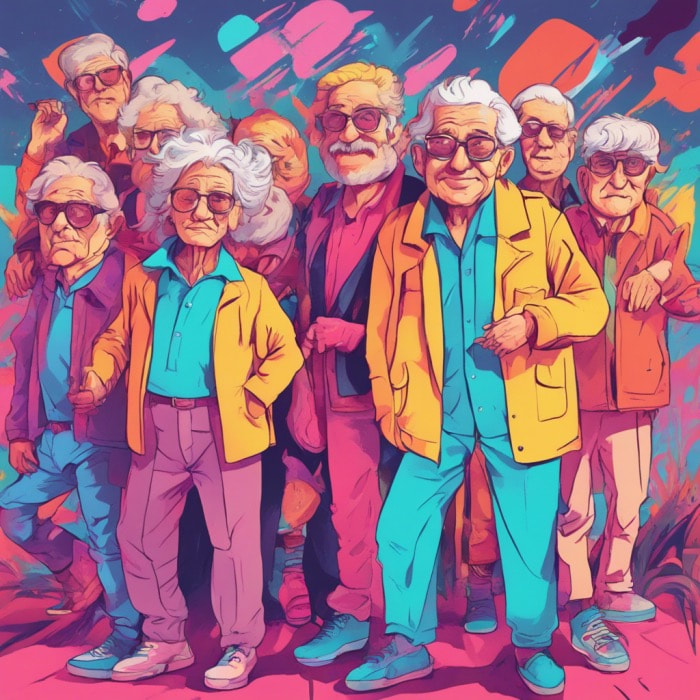
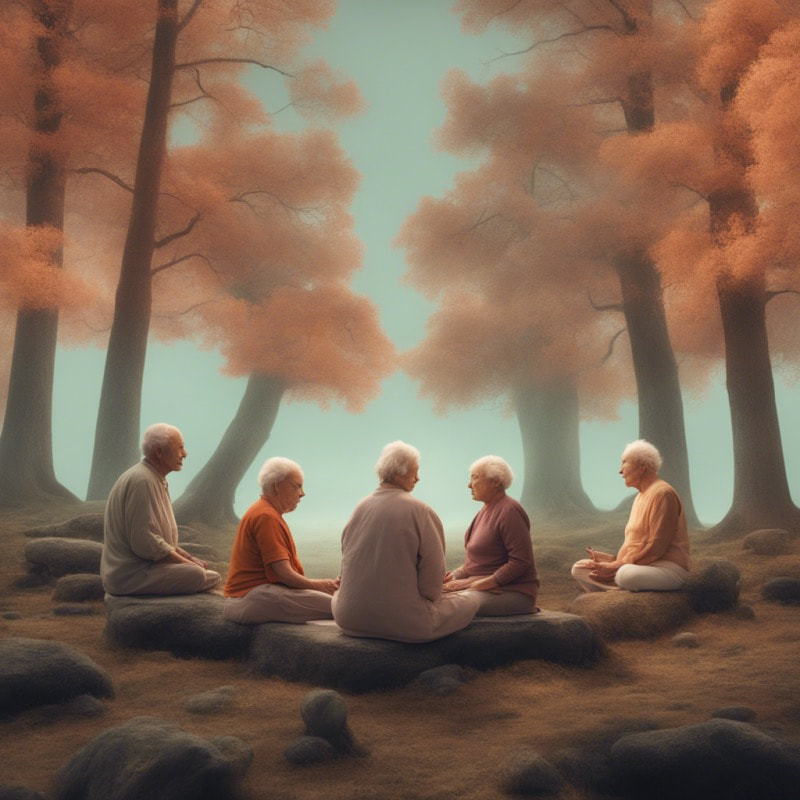
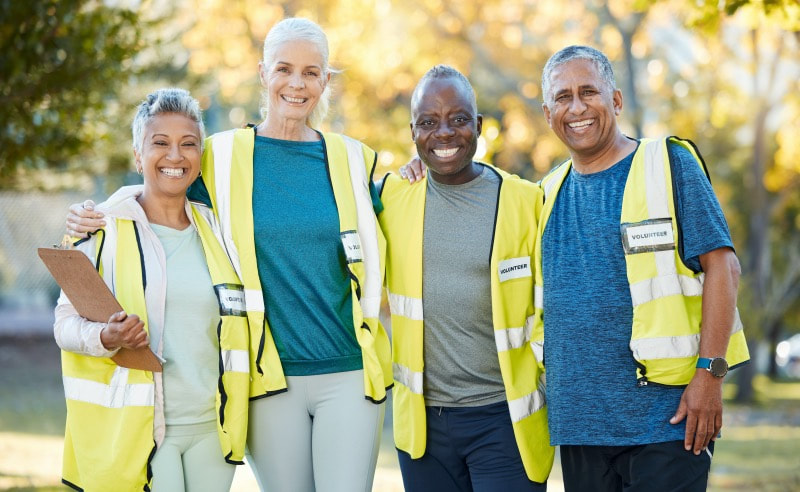
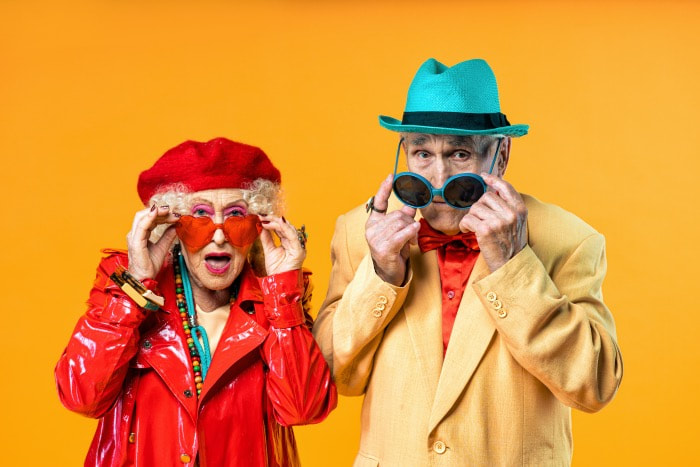
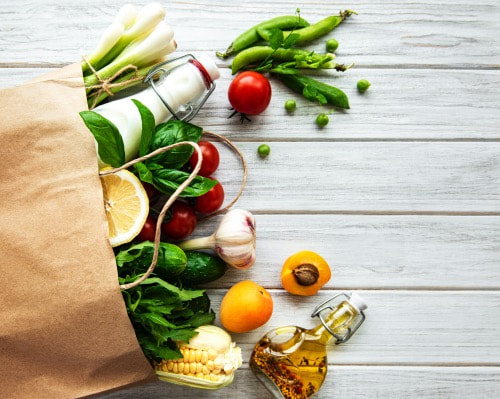
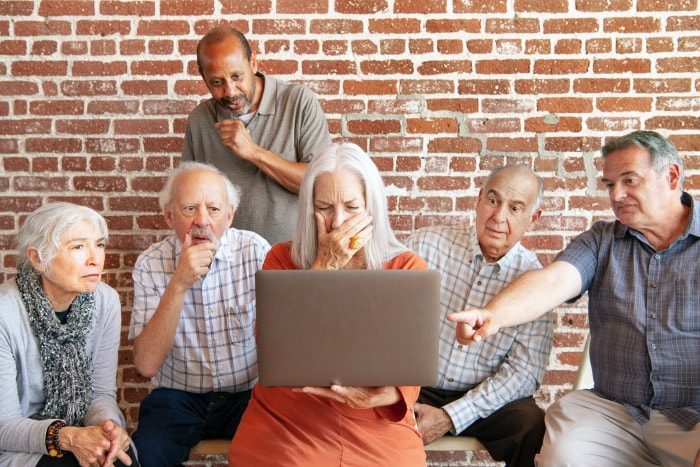
 RSS Feed
RSS Feed
